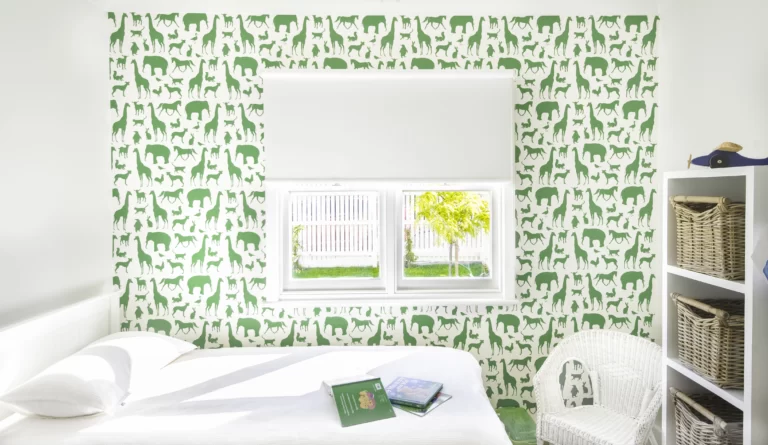Winter might not seem like the ideal time for a painting project, but with careful planning and the right techniques, it can be highly successful, even in places with challenging climates like Hobart. Here’s some expert advice on how to achieve a flawless finish when painting your house during the colder months.
Do: Choose the Right Paint
Selecting the appropriate paint is crucial, especially in winter. Opt for high-quality, 100% acrylic latex paint, which adheres better and withstands lower temperatures, typically down to about 10°C. Some brands offer products specifically formulated for cooler weather—these are perfect for the cooler Tasmanian climate.
Do: Monitor Weather Conditions
Dry, mild days are ideal for painting. Always check the local forecast before beginning your project to ensure conditions are suitable for paint to dry and cure properly. Avoid painting on days when frost is likely, as it can negatively impact the drying process.
Do: Optimize Painting Times
With winter days being shorter, it’s crucial to paint during the warmest part of the day, usually between 10 AM and 3 PM. This timing leverages the best temperature and light conditions, allowing the paint to apply smoothly and begin curing correctly.
Don’t: Overlook Surface Preparation
Proper surface preparation is crucial. Ensure that surfaces are thoroughly clean and completely dry before painting. Moisture and cold can cause the paint to peel and bubble if the prep work isn’t handled correctly.
Don’t: Rush the Drying Process
Given cooler temperatures, allow extra time for the paint to dry. Patience is key—rushing by applying a second coat too soon can result in streaks and uneven layers. Always wait for the first coat to fully cure before proceeding.
Don’t: Skimp on Lighting
Good lighting is vital for even paint application. With limited natural light in winter, consider using additional artificial lighting to ensure all areas are well-lit. This helps in applying paint evenly and spotting any issues such as drips or streaks.
Conclusion
Painting your house in winter can be just as effective as in warmer months with the right approach. By choosing suitable paints, preparing surfaces diligently, and painting under the best conditions, you can ensure a durable and attractive finish. Remember, successful winter painting is all about adapting to the environment and being meticulous in every step of the process.



